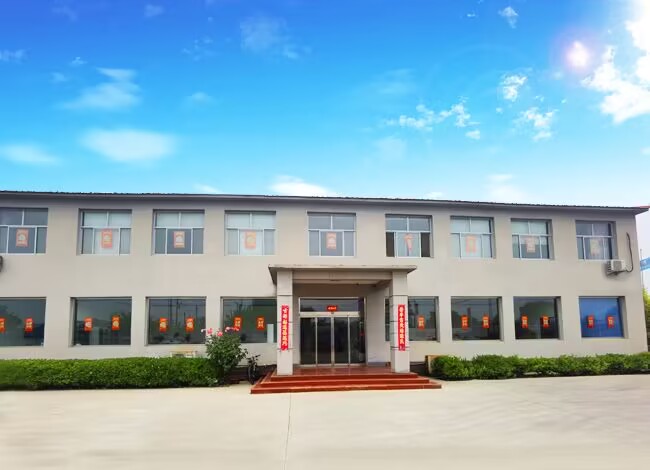
8 月 . 17, 2024 06:25 Back to list
China Anatase TiO2 Pricing Information and Market Trends
The Price Trends of Anatase Titanium Dioxide in China An Overview
Anatase titanium dioxide (TiO2) is a significant material in various industries, including paints, coatings, plastics, and cosmetics, due to its outstanding whiteness, high refractive index, and UV resistance. In recent years, China's status as a leading producer of titanium dioxide has drawn significant attention from investors, manufacturers, and researchers alike. As demand fluctuates across markets, monitoring the price trends for anatase TiO2 is crucial for businesses involved.
Understanding Titanium Dioxide
Titanium dioxide exists in two primary forms rutile and anatase. While rutile TiO2 tends to dominate the market due to its superior properties in certain applications, anatase TiO2 is increasingly preferred in specific areas, such as photocatalysis and certain types of coatings. This divergence in applications creates varying demand patterns that directly influence market prices.
Current Price Trends
The price of anatase titanium dioxide in China has seen notable fluctuations over the past few years. As of late 2023, the prices have been influenced by several key factors, including production costs, raw material availability, environmental regulations, and global economic conditions.
1. Production Costs The production of TiO2 involves significant energy and raw material costs, primarily from rutile and ilmenite ores. With the fluctuation in global prices for these ores, manufacturers often adjust their prices accordingly. Recent increases in energy prices have also placed upward pressure on TiO2 production costs, which directly translates to higher consumer prices.
2. Supply Chain Dynamics The recent global supply chain disruptions, particularly due to the COVID-19 pandemic and geopolitical tensions, have further complicated the availability of raw materials. This uncertainty has led to increased prices as manufacturers face higher costs for sourcing materials and disruptions in shipping.
china anatase tio2 pricelist

3. Environmental Regulations China has been stringent in enforcing environmental regulations, which impacts production capacities. Factories may face temporary shutdowns or increased operational costs due to compliance expenditures. As companies strive to meet these regulations, prices may rise as a reflection of the reduced supply.
4. Market Demand Demand for anatase TiO2 primarily arises from the construction, automotive, and consumer goods industries. Fluctuations in these sectors, driven by economic conditions and consumer trends, play a critical role in determining price dynamics. For instance, an increase in construction activities and automobile production will typically boost demand, pushing prices higher.
Future Outlook
Looking forward, the price of anatase TiO2 in China is anticipated to remain volatile due to the ongoing external influences discussed. Market participants should monitor raw material trends, regulations, and economic recovery trajectories closely. Additionally, as the world becomes more environmentally conscious, the demand for titanium dioxide in sustainable applications, like green coatings and eco-friendly products, may create new price dynamics.
Moreover, the potential expansion of domestic and international markets for innovative applications of TiO2, including energy-efficient coatings and advanced photocatalytic technologies, presents an exciting growth opportunity. Companies that adapt to these emerging trends and conditions will not only navigate price fluctuations more effectively but also position themselves strategically within the marketplace.
Conclusion
In conclusion, understanding the pricing landscape of anatase titanium dioxide in China requires a comprehensive analysis of various interconnected factors. By keeping abreast of production costs, market dynamics, and regulatory environments, businesses can make informed decisions in this ever-evolving market. As the global landscape continues to shift, the trajectory of anatase TiO2 prices will certainly reflect broader economic and environmental trends, making it an area worth monitoring for industry stakeholders.
-
Lithopone for Plastic & TiO2 R-5568/SK-6658 Masterbatch Solutions
NewsMay.30,2025
-
China Leading Rutile TiO2 Manufacturer - R5566 & R996 Grades Available
NewsMay.30,2025
-
High-Purity Anatase & Rutile TiO2 Powder Trusted Manufacturer
NewsMay.30,2025
-
High-Purity Anatase Products Trusted Supplier & Manufacturer
NewsMay.29,2025
-
Best Price Eco-Friendly Rutile TiO2 Supplier & Wholesale Factory
NewsMay.29,2025
-
Chinese Anatase Titanium Dioxide for Ceramic Glaze Reliable Supplier
NewsMay.29,2025
